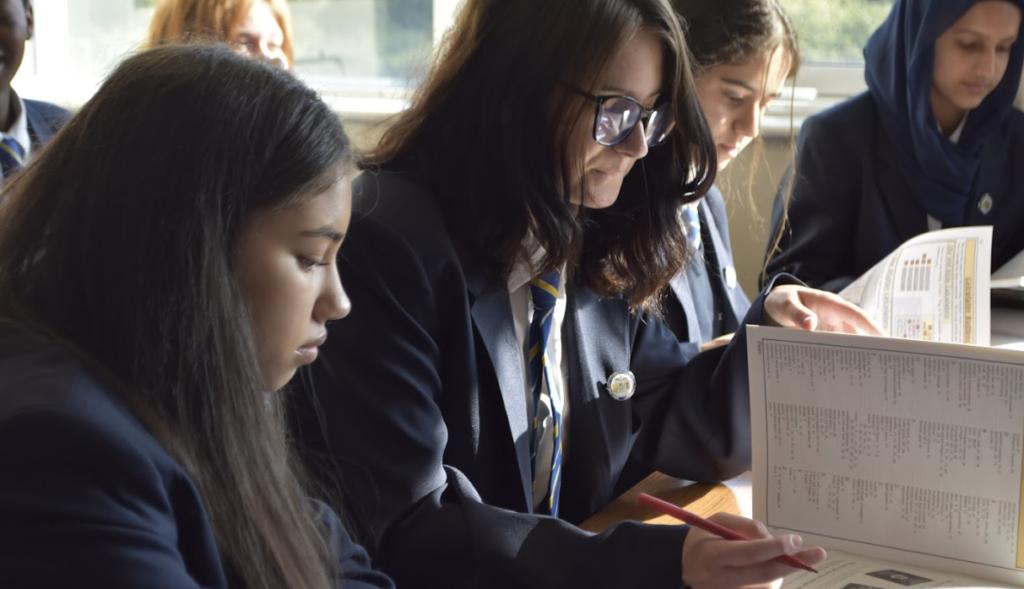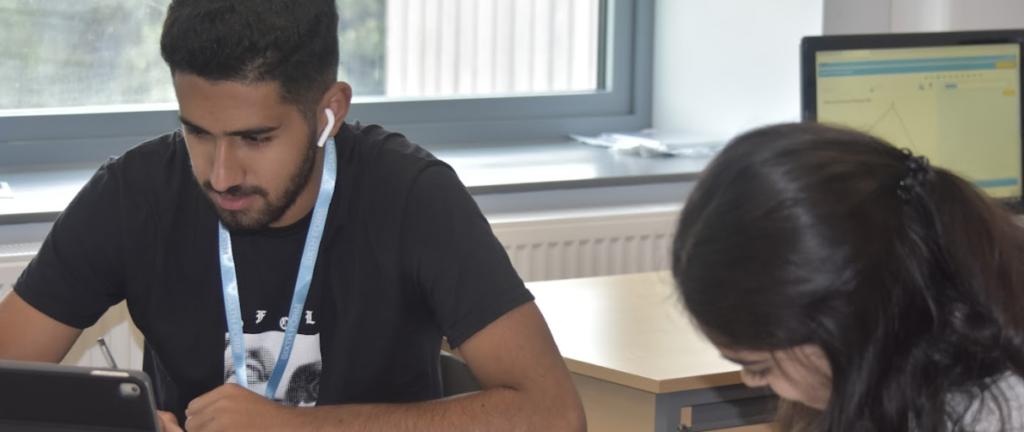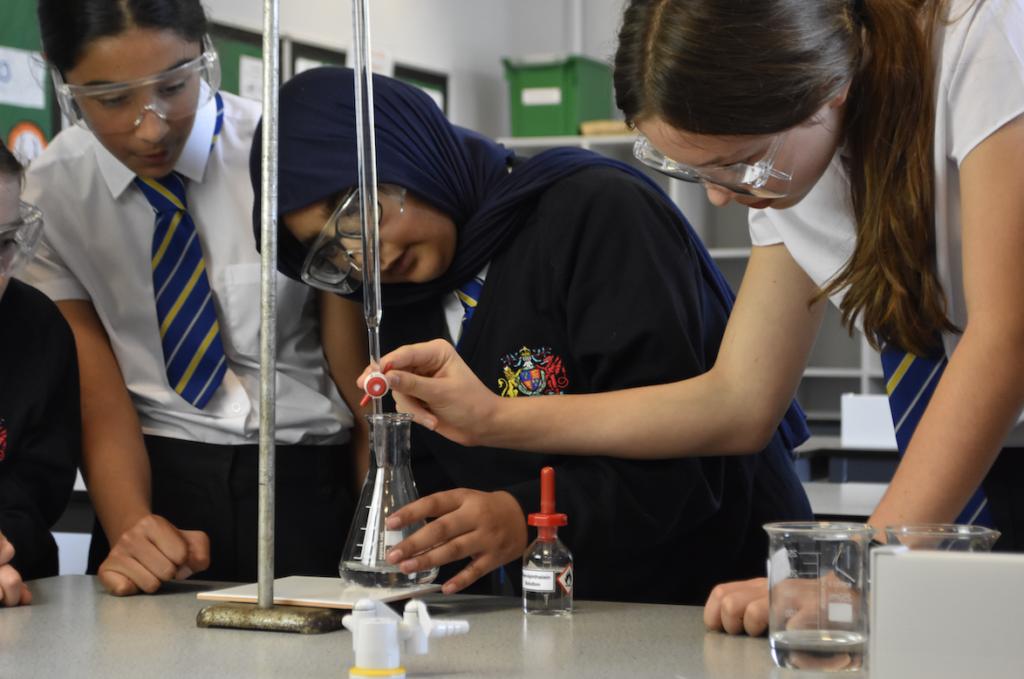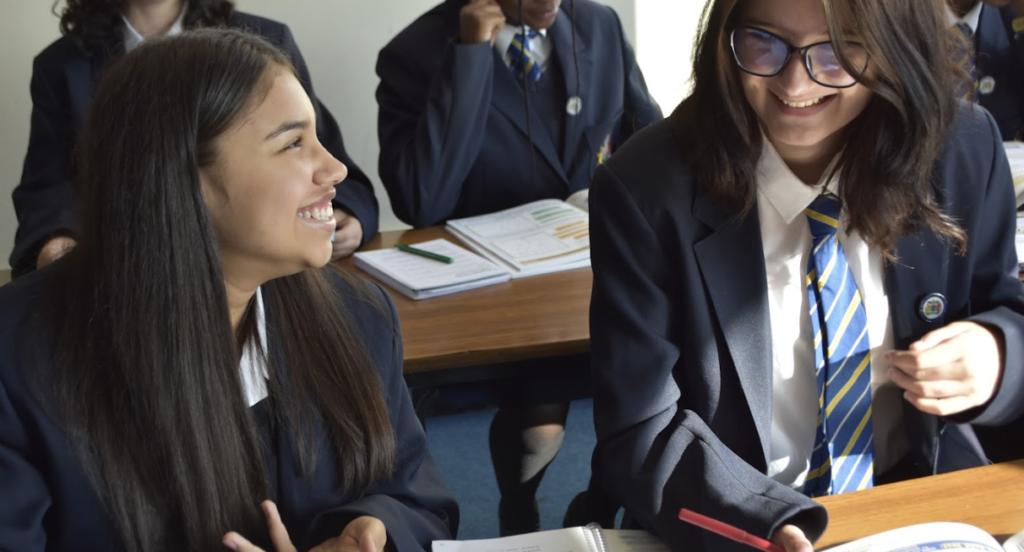The Department of Modern Foreign Languages believes that exploring the similarities and differences between other languages and English and learning how language can be manipulated and applied in different ways, contributes to the development of mutual understanding, a sense of global citizenship and personal fulfilment.
Learning a language allows learners to develop the four modalities of language to be able to express themselves with increasing confidence, independence and creativity. Furthermore, developing communication skills, and understanding the structure of language, not only support the development of literacy skills in a pupil’s own language but also lay the foundations for future study of other languages. The ability to understand and communicate in another language is a lifelong skill for education, employment and leisure in this country and throughout the world.
At King Edward VI Lordswood School for Girls, languages are an integral part of the curriculum; they are not only pivotal to the success of the national English Baccalaureate ambition but also to students’ self-efficacy. With this in mind, it is the aim of the department to provide students with a high quality languages curriculum, programme of assessment, pedagogy and systems.
Our curriculum is designed to be inclusive and to ensure progress by all. We believe that everyone can and should study a language, regardless of SEND or prior attainment. As a department, we share the ideal that students, at all levels, can meet similar learning outcomes; only their journey may differ.
The Department of Modern Foreign Languages aims to make language learning a positive and enriching experience, offering enjoyment and challenge, and promoting confidence and achievement. Our curriculum aims to develop language learners who:
- enjoy learning a foreign language and are passionate linguists;
- are proud of their linguistic achievements and feel successful in their learning;
- are resilient, independent learners;
- are confident speakers of Spanish;
- foster a positive attitude towards, and understanding of, other cultures and people;
- recognise the need to communicate in a language other than English for the purpose of business and/or pleasure.
- have a strong awareness of the culture of Spanish-speaking countries and have benefited from opportunities to experience aspects of the culture through educational visits, events and the regular use of authentic materials;
- have a sound understanding of Spanish grammar, which includes the ability to apply it in both new and familiar contexts and the ability to use and understand a minimum of three tenses confidently;
- are able to tackle a range of activities across the four modalities of the skills of listening, speaking, reading and writing in the foreign language.
- are inquisitive linguists, having developed an understanding of etymology and how languages are interlinked;
- are able to progress readily to the next stage of their language learning
![]()





